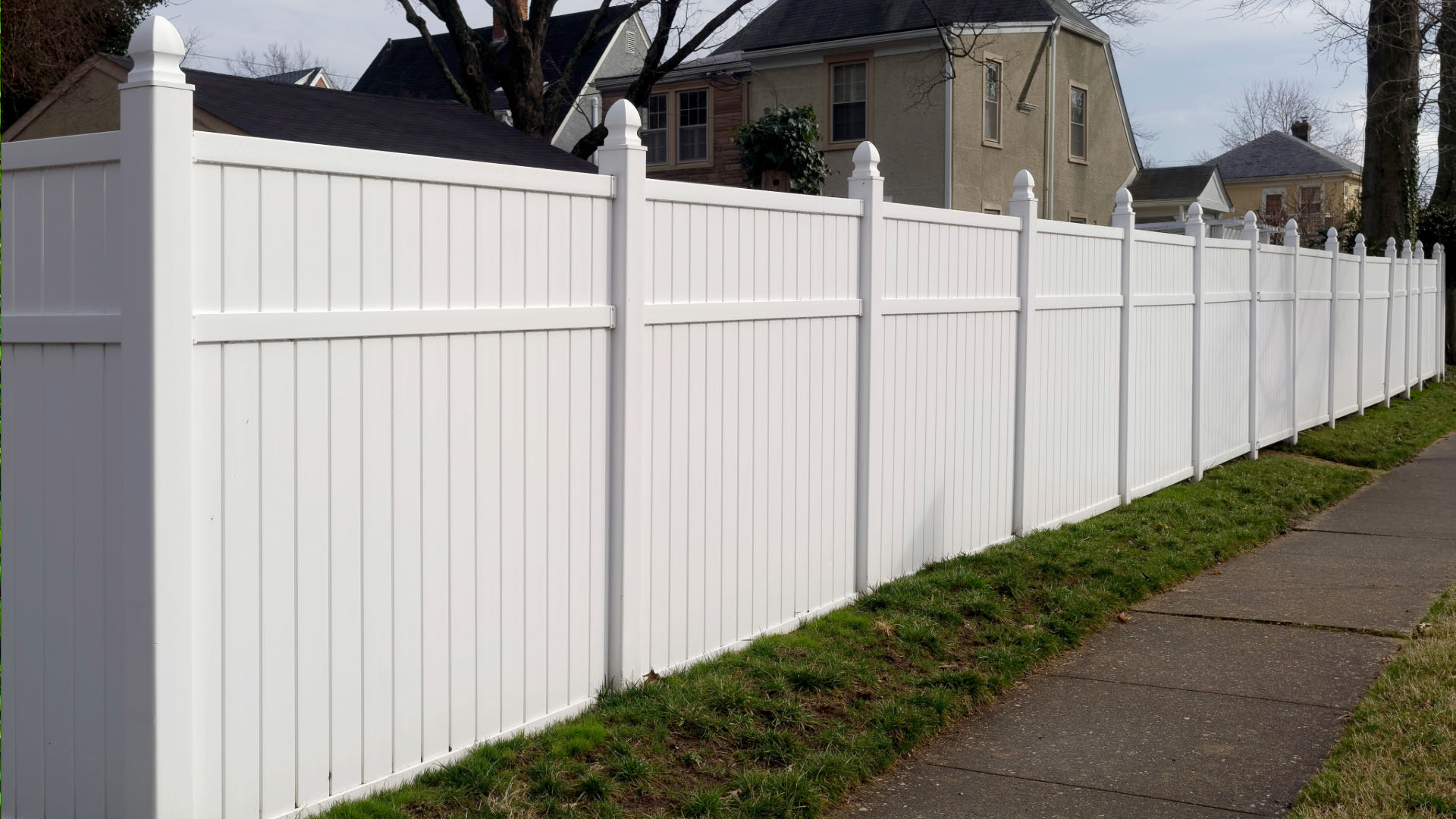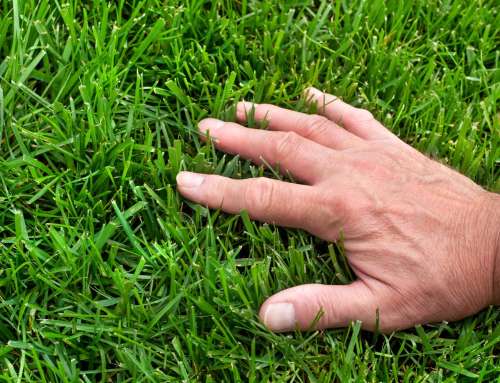Are you considering a fence for your pool or yard? There’s more involved than just putting up a fence. So how do you plan a fence that is best suited for your specific purposes? There are several factors to consider to ensure your project will be safe, secure, and aesthetically pleasing.
How To Plan A Fence: Checklist To Help You Make an Informed Decision
- Safety Compliance: Ensure that the fence meets local building codes and regulations, especially for pool fencing. For instance, it might need to be a certain height and have specific gate requirements to prevent access by children.
- Material: Choose a durable material suitable for your climate and maintenance preferences. Common options include wood, vinyl, aluminum, wrought iron and chain-link. Each has its own aesthetic appeal, maintenance requirements, and durability.
- Height: The fence height is crucial for both safety and privacy. Make sure it’s tall enough to deter intruders and prevent children or pets from climbing over.
- Visibility and Aesthetics: Consider how the fence will look from both inside and outside your property. Some fences offer more visibility, while others provide privacy. Choose a design that complements your home’s architecture and landscaping.
- Maintenance: Evaluate the maintenance needs of different fence materials. For example, wood fences may require periodic staining or sealing, while vinyl and aluminum are low maintenance options.
- Security Features: If security is a concern, look for features like locks, sturdy gate mechanisms, and anti-climb designs.
- Cost: Set a budget for your fence project, considering not only the initial installation costs but also long-term maintenance expenses.
- Durability: Invest in a fence that will withstand weather conditions and potential wear and tear over time. Some materials, like aluminum and vinyl, are known for their durability.
- Installation: Consider whether you’ll hire professionals for installation or if it’s a DIY project. Certain materials may be easier to install than others.
- Neighbor Considerations: If the fence will border neighboring properties, discuss your plans with them.
- Warranty and Guarantees: Look for fences that come with warranties to protect your investment against defects or premature wear.
- Local Environment: Consider factors such as wind, sun exposure, and soil type, as these can affect the longevity and stability of your fence.
- Permits: While installing a fence does not present itself as a major construction project, local regulations and permitting should be a consideration. Many municipalities demand specific post depths to ensure stability below the frost line as well as dictate certain height limits minimally.






